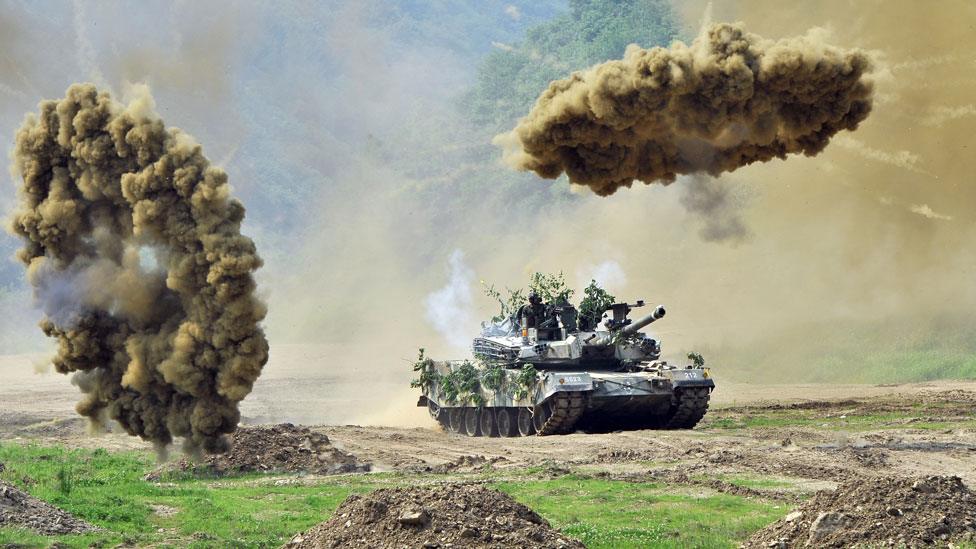Trump defence chief Mattis hails Nato as 'bedrock' of co-operation
- Published
Where did Gen James Mattis get his nickname "Mad Dog"?
The new US defence secretary has hailed Nato as the "fundamental bedrock" of trans-Atlantic co-operation, as he met defence ministers for the first time.
James Mattis's reaffirmation of US commitment to the alliance comes after disparaging comments from President Donald Trump.
But Mr Mattis also reiterated Mr Trump's demand that many Nato countries raise military spending.
The meeting comes amid concern over the new administration's ties with Russia.
It also follows reports that Russia violated a landmark arms control treaty by deploying a new cruise missile, reports the Kremlin has dismissed.
Mr Trump's comments, during his campaign, that the US might not defend allies who do not contribute their "fair share" to Nato, have worried many European nations, particularly those near Russia's border.
He was critical of the Western military alliance, describing it as "obsolete".

Read more:

But speaking in Brussels, Mr Mattis said the Trump administration had "strong support" for Nato.
"The alliance remains a fundamental bedrock for the United States and the trans-Atlantic community, bonded as we are together," he said.
While hailing the alliance's ability to respond to security challenges, he said it was a "fair demand that all who benefit from the best defence in the world carry their proportionate share of the necessary cost to defend freedom".
On the eve of Wednesday's meeting, Nato Secretary General Jens Stoltenberg indicated a willingness to work with the US.
"The most important thing is that we increase defence spending and that is exactly what we are doing."
As he arrived for the talks in Brussels, he said he was "absolutely certain that the message from this meeting will be a message of trans-Atlantic unity... and a very strong commitment of the United States to Nato".
And he said the military alliance would have "serious concern" if reports that Russia had violated a Cold War-era treaty by deploying a cruise missile proved true.
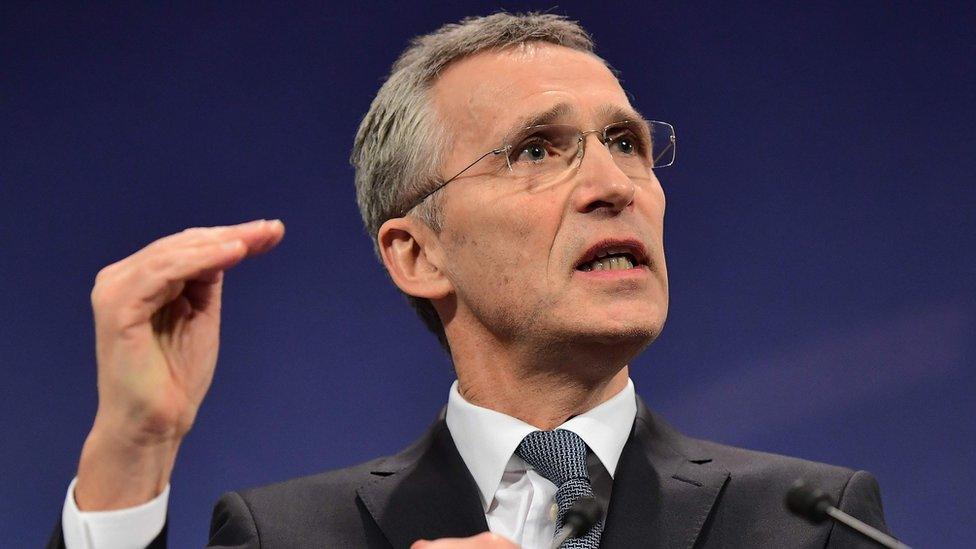
Jens Stoltenberg said Nato members were already increasing their contributions
Mr Mattis will have strong support from Britain, one of only five Nato countries to meet existing targets for defence spending, says the BBC's defence and diplomatic correspondent Jonathan Marcus.
Speaking to reporters as he arrived for the meeting, British Defence Secretary Michael Fallon, said he was looking forward to working with Mr Mattis on "the steps needed to modernise Nato, to make it more agile and more responsive and how we can persuade other countries to meet their fair share of the burden by increasing their expenditure to 2%".
However, the resignation of Michael Flynn as US national security adviser - and the rumbling row over the Trump team's contacts with Russia - is likely to cause unease among the 28-nation group, our correspondent adds.
As he travelled to the Nato meeting, Mr Mattis told reporters that Mr Flynn's departure would have "no impact" on his role.
He praised Nato, calling it "the most successful military alliance in history".
Mr Mattis has previously taken a different view to the new US president on various foreign policy issues.
He has warned that Washington has not taken seriously enough Russia's military moves against its neighbours - annexing Crimea and backing separatists in Ukraine - and also criticised Mr Trump's view that Nato was "obsolete" as "kooky".
- Published15 February 2017
- Published16 January 2017
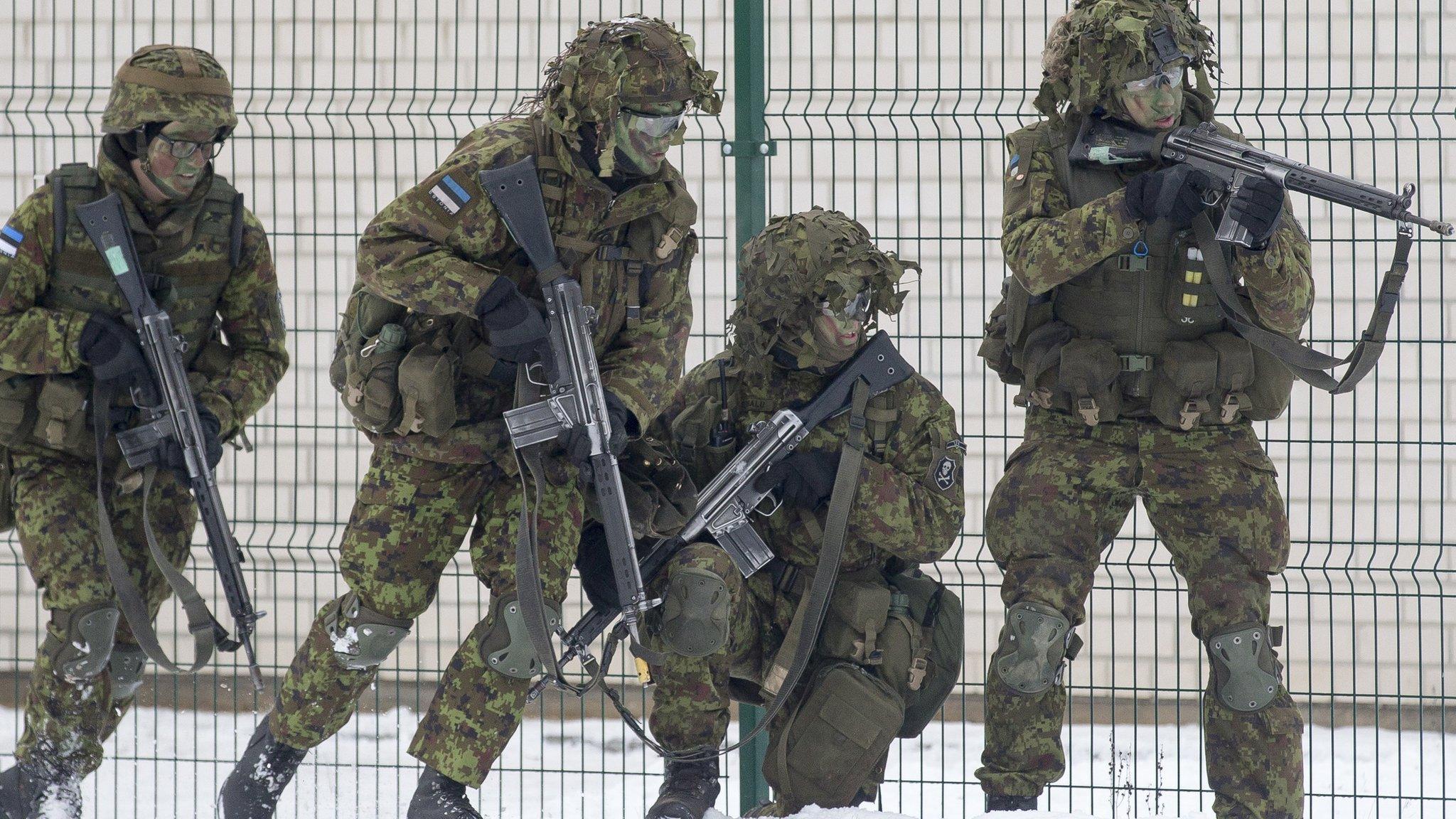
- Published15 February 2017
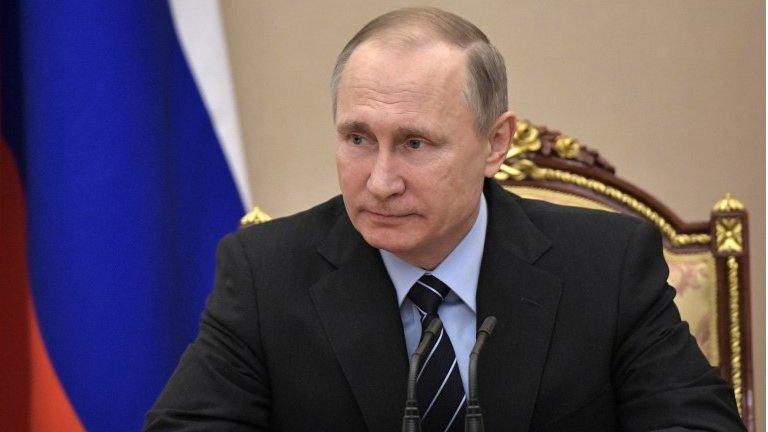
- Published2 December 2016
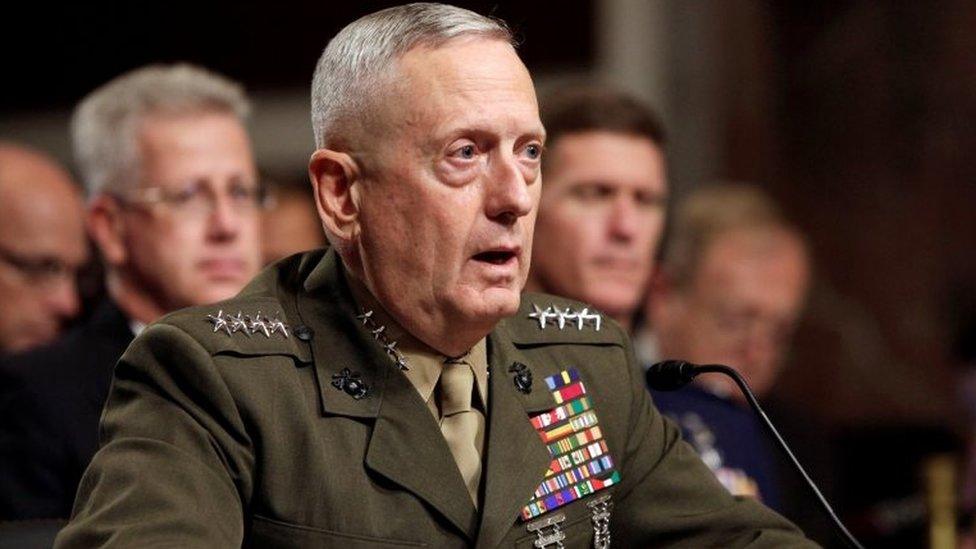
- Published9 November 2016
- Published25 April 2017
